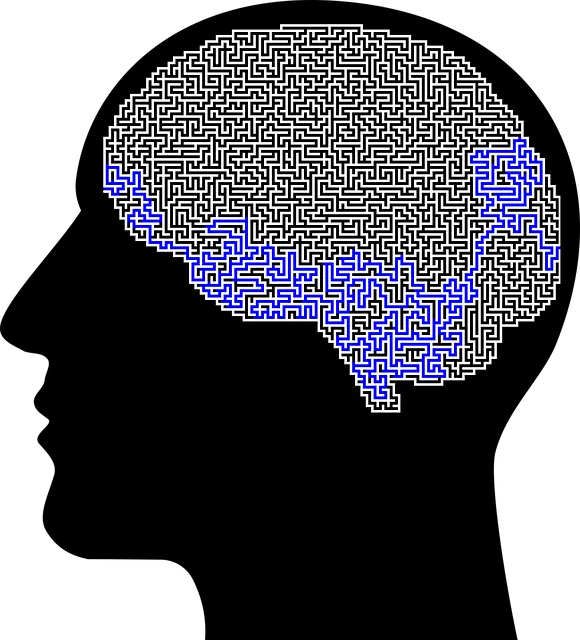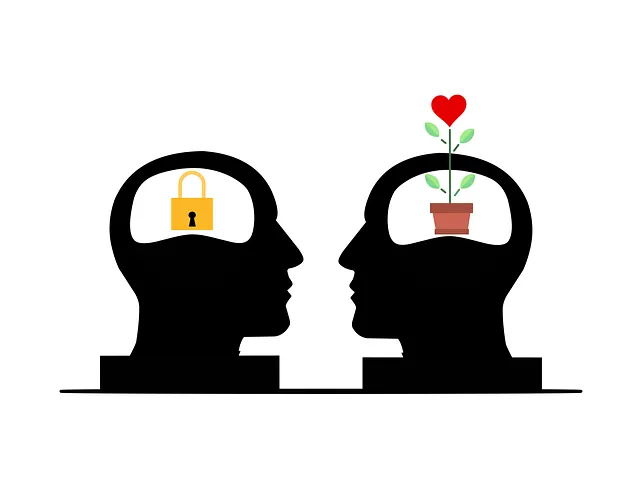In the digital era, mental wellness apps are gaining popularity, driven by organizations like Kaiser Permanente offering psychiatric services in Lone Tree. User research is vital for creating effective apps addressing specific needs like stress management and anxiety reduction. By combining personalized tracking, accessible resources, and interactive tools, developers cater to diverse cultural backgrounds and literacy levels. Incorporating evidence-based practices such as CBT and mindfulness exercises ensures app effectiveness, while features like progress tracking, goal setting, and anonymous forums foster supportive communities. Integrating resources like the Kaiser Permanente psychiatry phone number in Lone Tree provides easy access to professional help. Prioritizing user privacy, empathy-focused strategies for providers, and marketing through partnerships with healthcare giants and social media campaigns contribute to successful mental wellness app development and distribution.
In today’s digital age, mental wellness apps are gaining prominence as accessible tools for managing psychological health. With growing demand and a need for innovative solutions, developers have an opportunity to create impactful applications. This article explores the key aspects of developing effective mental health apps, from understanding user needs and integrating evidence-based practices to addressing privacy concerns and marketing strategies. By examining these factors, it aims to guide developers in creating resources that cater to users seeking support, much like the resources offered by Kaiser Permanente psychiatry services in Lone Tree.
- Understanding Mental Health App Demand and User Needs
- Designing an Effective Digital Therapeutic Platform
- Integrating Evidence-Based Practices into the App Development Process
- Ensuring Privacy, Security, and Compliance Considerations
- Marketing and Distribution Strategies for Mental Wellness Apps
Understanding Mental Health App Demand and User Needs

In today’s digital age, there is a growing demand for mental wellness apps that cater to diverse user needs. According to recent trends and data from organizations like Kaiser Permanente, which offers psychiatry services in Lone Tree, individuals are increasingly turning to technology for support with their mental health. This shift underscores the importance of developing apps that address specific concerns, such as stress management, anxiety reduction, and conflict resolution techniques. By understanding the unique challenges faced by users, developers can create tools that enhance communication strategies and foster a sense of community, especially for those who may not have easy access to traditional therapy or support services like Trauma Support Services.
User research is key in this process. Analyzing user feedback from existing mental health apps reveals patterns in desired features, such as personalized tracking, accessible resources, and interactive tools. Incorporating these insights can lead to the development of robust applications that not only meet but exceed user expectations. Additionally, considering diverse cultural backgrounds and mental health literacy levels ensures inclusivity and effectiveness in reaching a broader audience.
Designing an Effective Digital Therapeutic Platform

Developing a digital therapeutic platform that truly enhances mental wellness involves careful consideration and innovative design. At its core, an effective app should prioritize user experience and accessibility, ensuring it caters to diverse needs. Incorporating evidence-based practices such as Cognitive Behavioral Therapy (CBT) techniques or mindfulness exercises can significantly contribute to its efficacy. Integrating features for tracking progress, setting personalized goals, and providing real-time feedback fosters a sense of accountability and empowers users in their journey towards better mental health.
For instance, initiatives like the Self-Care Routine Development for Better Mental Health can be integrated within the app, offering tailored routines based on user profiles. Addressing the Mental Illness Stigma Reduction Efforts through anonymous forums or peer support groups can create a safe space for open dialogue, fostering emotional intelligence and community among users. Bearing in mind the Kaiser Permanente psychiatry phone number in Lone Tree as a potential reference point for users seeking professional help, an app should seamlessly connect individuals with relevant resources and support services when needed.
Integrating Evidence-Based Practices into the App Development Process

Integrating evidence-based practices into mental wellness app development is a key step in ensuring its effectiveness and reliability. Apps like those offered by Kaiser Permanente psychiatry phone numbers in Lone Tree, Colorado, should be grounded in research to deliver tangible benefits for users’ emotional well-being. Incorporating coping skills development techniques, compassion cultivation practices, and emotional well-being promotion techniques not only enhances the app’s value but also fosters a sense of safety and progress among users.
By aligning the app with proven methodologies, developers can create tools that truly make a difference in users’ lives. This involves rigorous testing, ongoing updates based on user feedback, and adherence to ethical guidelines. Such an approach ensures that mental wellness apps not only provide information but also equip individuals with practical tools to navigate life’s challenges, ultimately contributing to improved mental health outcomes.
Ensuring Privacy, Security, and Compliance Considerations

In the realm of mental wellness app development, ensuring privacy, security, and compliance is paramount to fostering trust among users. As a professional navigating this landscape, especially when considering a Kaiser Permanente psychiatry phone number in Lone Tree or similar areas, it’s crucial to adhere to stringent regulations like HIPAA (Health Insurance Portability and Accountability Act). This legislation safeguards sensitive user data, protecting individuals from potential privacy breaches.
Implementing robust Empathy Building Strategies and Burnout Prevention Strategies for Healthcare Providers within the app can enhance user experiences significantly. By prioritizing Positive Thinking and fostering a culture of emotional well-being, mental wellness apps can offer much-needed support to healthcare providers. This holistic approach not only ensures legal compliance but also cultivates an environment where users feel safe and empowered to prioritize their mental health.
Marketing and Distribution Strategies for Mental Wellness Apps

Marketing and distribution strategies for mental wellness apps are crucial to their success and reach. One effective approach is to leverage partnerships with established healthcare providers like Kaiser Permanente, especially in targeted locations such as Lone Tree. Collaborating with organizations renowned for their psychiatry services can enhance credibility and attract users seeking reliable mental health support. Utilizing the kaiser permanente psychiatry phone number for promotional campaigns or referral programs can further drive user acquisition.
In addition to strategic partnerships, focusing on organic growth through word-of-mouth recommendations is essential. Incorporating features that promote self-care routine development and emotional regulation, such as daily meditation guides, mood tracking tools, and conflict resolution techniques, encourages users to engage actively with the app. By fostering a sense of community within the app, users are more likely to share their positive experiences, acting as living testimonials for potential new users. This organic marketing approach can significantly impact the app’s visibility and distribution, especially when coupled with effective social media strategies that target specific demographics interested in emotional well-being.
Mental wellness apps have emerged as a vital tool in addressing growing demand for accessible mental health services. By understanding user needs, designing evidence-based platforms, integrating privacy protections, and employing effective marketing strategies, developers can create impactful solutions like those offered by Kaiser Permanente’s psychiatry services in Lone Tree. These apps hold significant promise in expanding access to care and improving overall mental wellness on a global scale.






